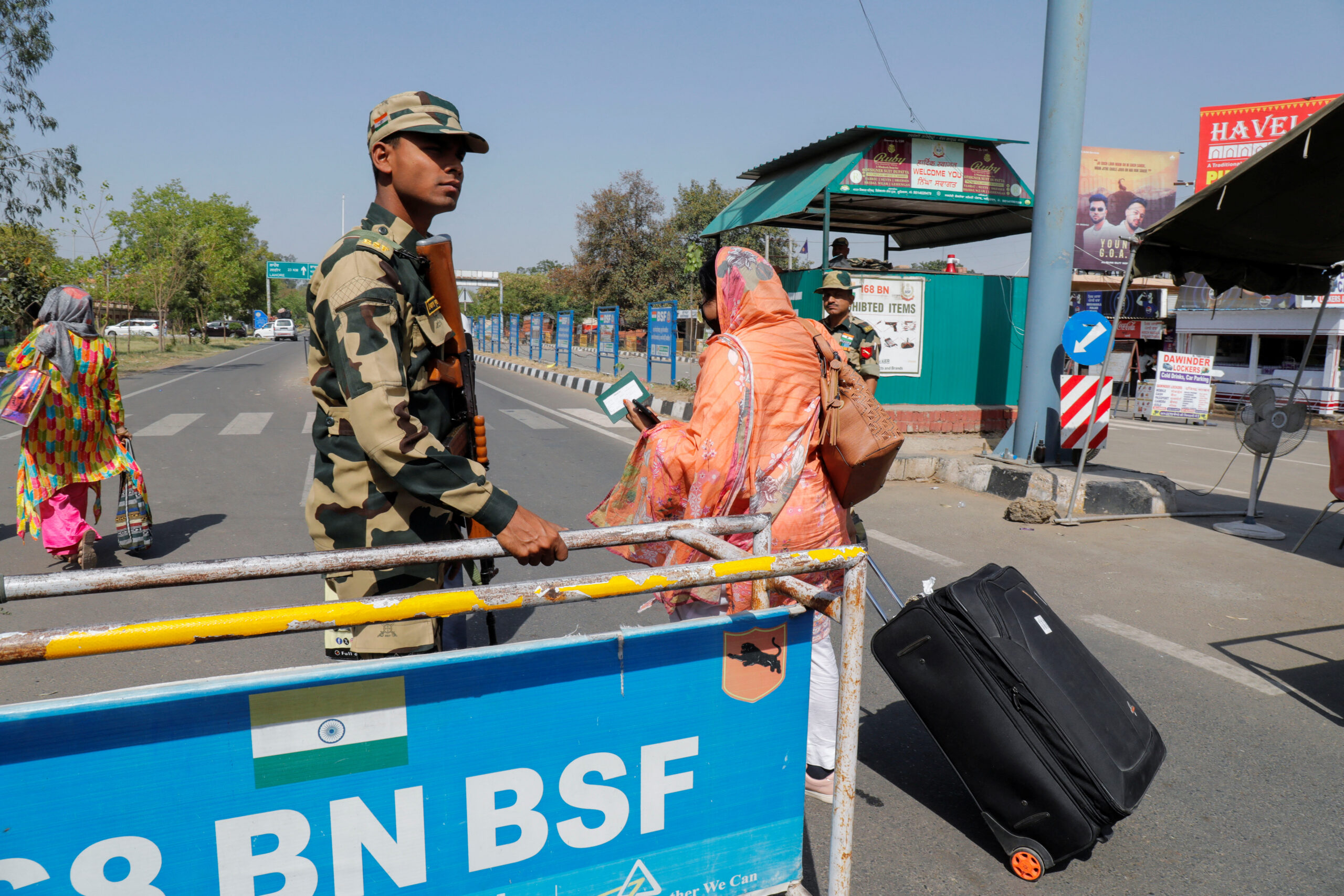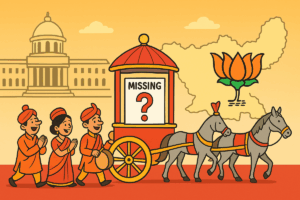The Escalating India-Pakistan Tensions Over Kashmir

People carry baggage as they cross a Border Security checkpoint at the Attari-Wagah border crossing on the India-Pakistan border, near Amritsar, India, April 25, 2025. REUTERS/Pawan Kumar
The longstanding tensions between India and Pakistan have intensified once again following the Pahalgam attack, perceived as one of the deadliest incidents in Kashmir in recent history. The attack, which led to the tragic deaths of 26 tourists, has prompted a series of retaliatory measures by both nations, further straining diplomatic relations.
On April 24, 2025, Pakistan announced various retaliatory actions against India. This comes in response to the recent aggression after gunmen attacked tourists in Indian-administered Kashmir. Pakistani officials, suspecting a false flag operation, expressed readiness for cooperation with neutral investigators to unveil the truth behind the incident.
In reaction to the attack, India decided to freeze the Indus Waters Treaty, a crucial water-sharing agreement, which Pakistan labeled an ‘act of war’. This escalation has led both nations, which are nuclear powers, to suspend essential treaties, trade, and even close borders, further escalating fears of a strategic standoff.
This hotbed of tension is not new as the region has been in the throes of conflict since the partition of India and Pakistan in 1947, primarily centered around the disputed region of Kashmir. The recent events have only highlighted the precarious nature of peace and the fragile diplomatic relations between the two neighbors.
Al Jazeera, through its comprehensive coverage, sheds light on the various facets of this conflict, from political maneuvers to the on-ground challenges faced by civilians in the region. Offering live updates, expert insights, and historical context, it helps the global audience understand the complexities of this ongoing saga.
While tensions remain high, both countries must look towards diplomacy and peace-building initiatives to prevent further deterioration of relations and maintain regional stability. The international community’s role in mediating and promoting dialogue could be pivotal in achieving a peaceful resolution to this long-standing conflict.






